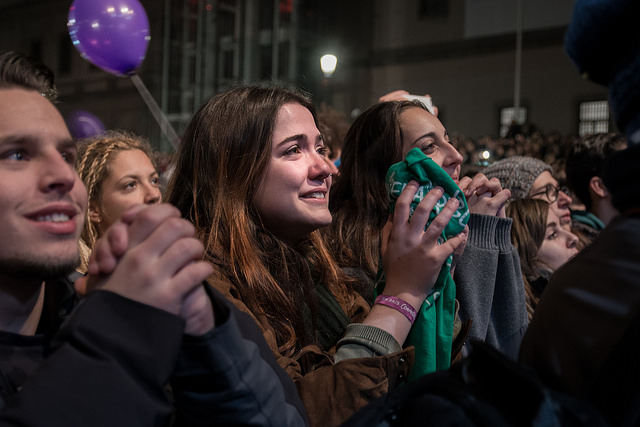-
Tips for becoming a good boxer - November 6, 2020
-
7 expert tips for making your hens night a memorable one - November 6, 2020
-
5 reasons to host your Christmas party on a cruise boat - November 6, 2020
-
What to do when you’re charged with a crime - November 6, 2020
-
Should you get one or multiple dogs? Here’s all you need to know - November 3, 2020
-
A Guide: How to Build Your Very Own Magic Mirror - February 14, 2019
-
Our Top Inspirational Baseball Stars - November 24, 2018
-
Five Tech Tools That Will Help You Turn Your Blog into a Business - November 24, 2018
-
How to Indulge on Vacation without Expanding Your Waist - November 9, 2018
-
5 Strategies for Businesses to Appeal to Today’s Increasingly Mobile-Crazed Customers - November 9, 2018
Spain’s socialists say they would vote “no” to another People’s Party government
Mr Rajoy’s ruling conservative Popular Party came first in the general election, winning 123 seats but falling far short of the 176 needed for a majority and losing a third of the 186 seats it won in 2011.
Advertisement
Sunday’s inconclusive result has raised the fear of political paralysis in Madrid, as a final agreement between parties may take weeks or possibly months to be reached. The result was so blurred that a German government spokeswoman said it was impossible to determine who deserved congratulations.
The parties must now embark on negotiations to form a coalition.
Rajoy said he would approach talks with opponents with an open mind, saying the PP had a lot in common with other parties and appearing to open the door to talks with the Socialists, though he declined to specify what pacts he had in mind.
“On no account will Podemos allow the PP to govern”, 37-year-old Pablo Iglesias told reporters. The splintered vote (http://www.marketwatch.com/story/spain-prime-minister-mariano-rajoy-in-a-fight-for-his-job-after-election-upheaval-2015-12-21) fueled concerns of a government so fragmented it will struggle to push through with reforms to continue Spain’s economic recovery after the financial crisis. The Spanish Socialist Workers Party got 91 seats, compared with 110 four years ago, when it was ousted from power.
Such a coalition would also need to win the backing of at least three other members of parliament, whether from other leftist forces such as Esquerra Republicana de Catalunya or EH Bildu, moderate Basque party PNV or regional group from the Canary Islands Coalicion Canaria.
Senior Socialist official Cesar Luena said his party would vote “no” to a government headed by Rajoy and the PP.
The election was a resounding manifestation of the political fragmentation in Spain, where mainstream parties have alternated control of the government since the restoration of democracy in the late 1970s.
Meanwhile, even as the economy recovers, it still feels like “a pretty bad recession to most people in Spain”, said Mark Weisbrot, co-director of the Center for Economic and Policy Research.
From Spain’s “Nueva Política” to Bernie Sanders and Donald Trump, outsider candidates and parties are catching fire, creating new spaces for political revolution. “We have to wait”.
But Socialist leader Pedro Sánchez said the result clearly shows “Spain wants a move to the left”, adding that he and his party are ready for talks that could lead to a governing accord. “I don’t think that these kind of alliances would be looked on well from overseas because they would be economically disastrous for the country”.
Under the Spanish constitution, King Felipe VI will first invite a party leader – normally from the party with the most votes – to form a government.
Podemos and Citizens wanted the elections to mark the end of Spain’s bipartisan system, and they came close to achieving that goal, despite a Spanish system of proportional representation that did not favour them.
Advertisement
With no one party able to form a majority government, the parties will discuss formation of some coalition administration which may require protracted discussion.





























